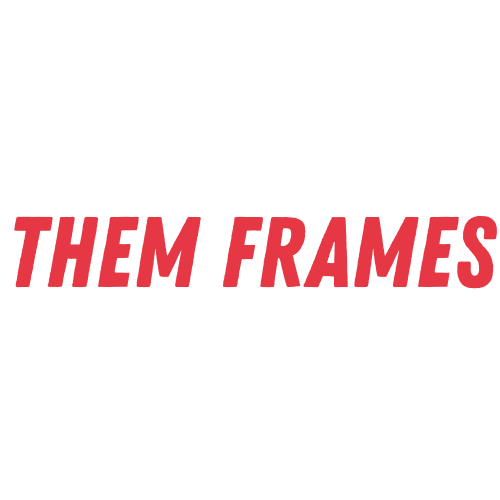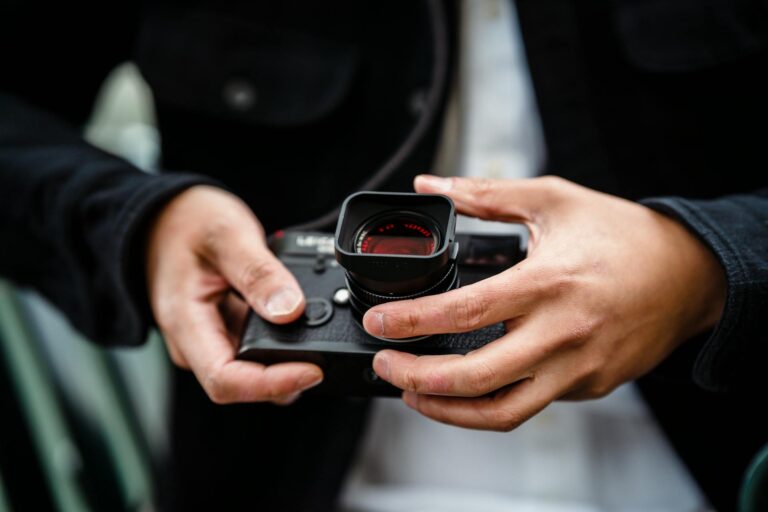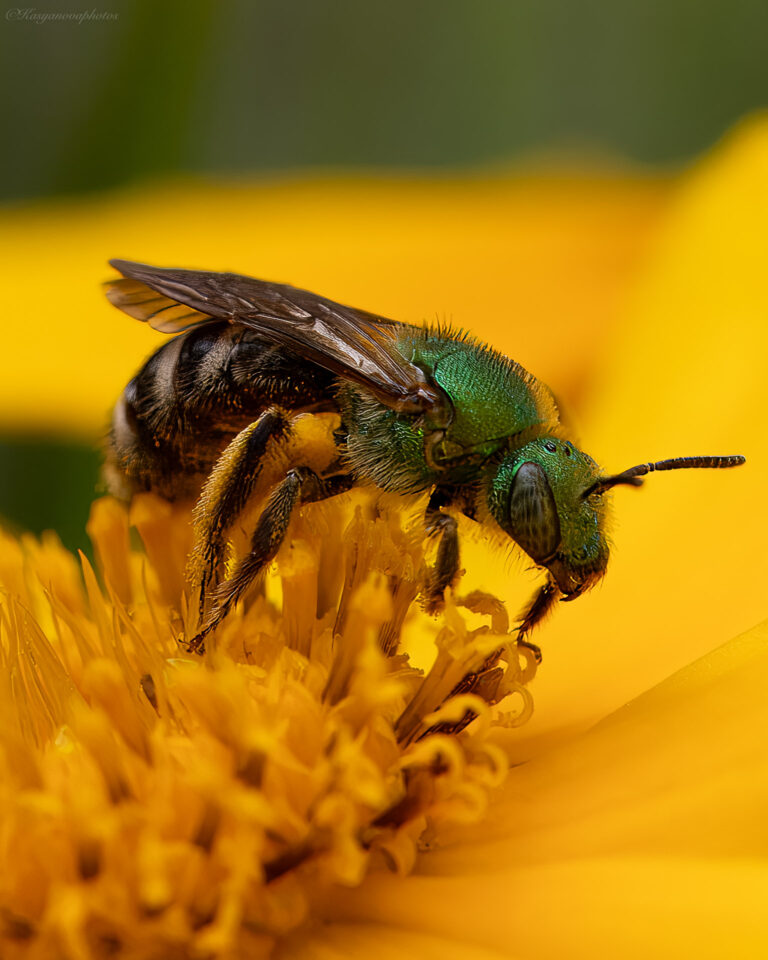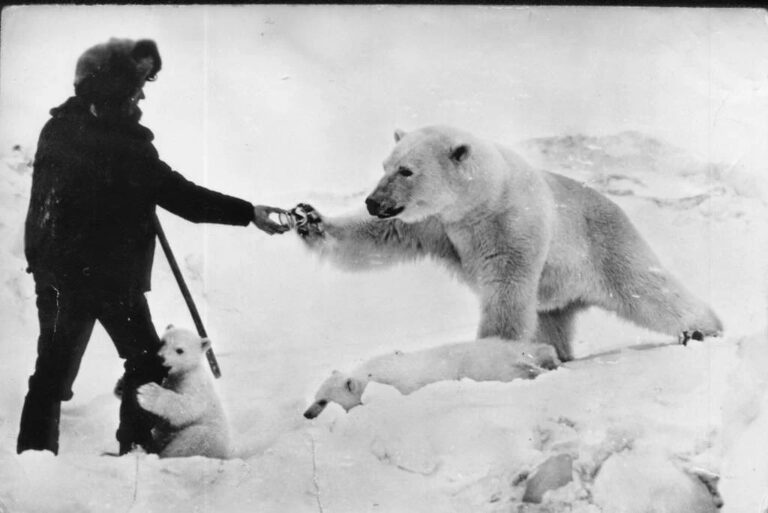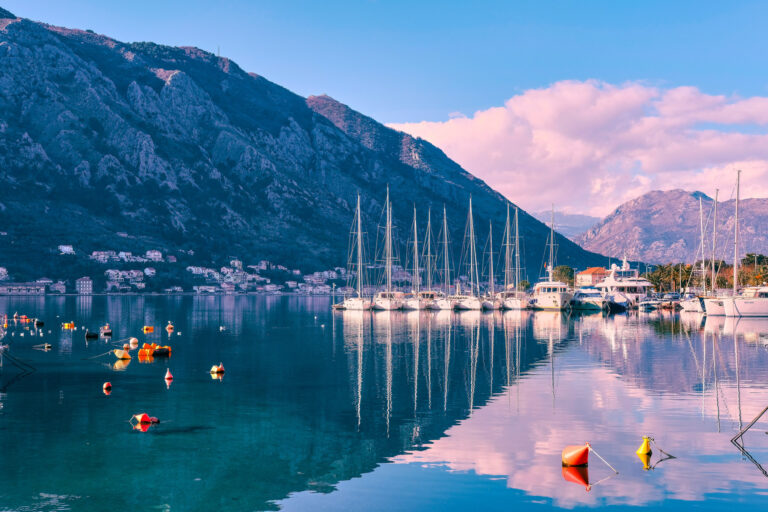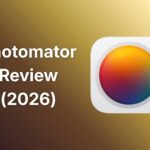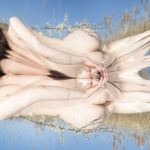
The buzz around AI-generated images grows louder by the day, dividing the photography community. Love it or loathe it, this trend appears firmly rooted in our future. Rather than delving into the technology’s drawbacks or showcasing how to use it, this piece poses the question: Are photographers accountable for the widespread acceptance of AI-generated images?
In the early days of photography, achieving a flawless exposure was the hallmark of success. The focus wasn’t on extensive editing. Manipulations were minimal and stayed true to the original frame’s aesthetic.
When the digital era arrived, tools like Photoshop became staples in a photographer’s toolkit. Initially used for basic alterations like color correction and exposure tweaks, their impact was restrained.
Yet, as time progressed, photographers began molding visual norms, especially concerning people. Gradually, subjects deviated further from their authentic selves. They became slender, their skin flawless, their eyes unrealistically vivid—a blend of human and artistic rendering.
Strange at first, this aesthetic soon became a societal norm, imprinting a specific visual standard onto the public’s consciousness. Magazines, billboards, and now social media inundate us with images presenting an idealized version of the human form.
Are photographers culpable for this shift? Partially. It was spurred by demand from brands and commercial organizations, which photographers understandably accepted for financial gain. It’s challenging to consider long-term consequences, but now, with the advent of AI, repercussions are emerging.
The arrival of AI images
Enter AI-generated images. Those familiar with AI apps that create portraits will note their lack of realism. Instead, they bear a resemblance to heavily edited Photoshopped images which our eyes have grown accustomed to.
Would individuals from three decades ago readily embrace these AI portraits, or dismiss them as cartoons?
However, due to the way images have been manipulated over the past twenty years, AI-generated portraits seem almost natural.
Of course, be angry that the robots are coming for your job. Be mad that organizations are trying to cut costs by using AI instead of hiring a photographer. But also take stock and think, did we, the photo community, play our role in all this happening?
Want your work featured on Them Frames? Pitch us.
The lead image is a screenshot from PhotoAI.
